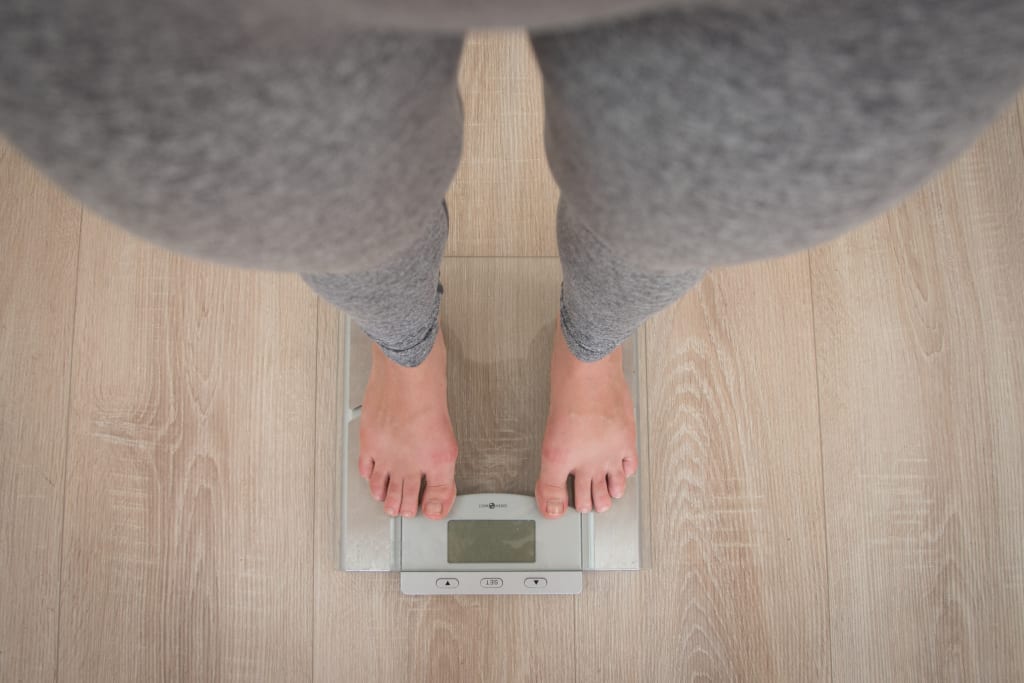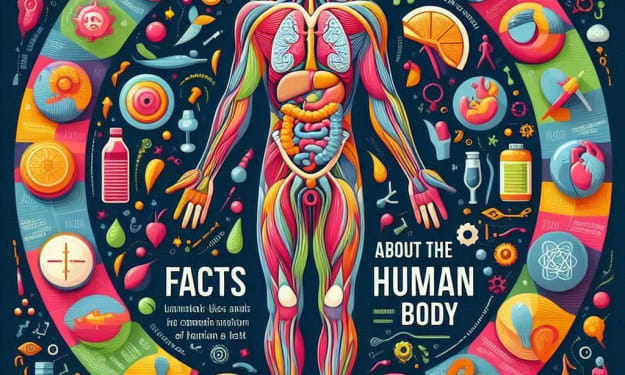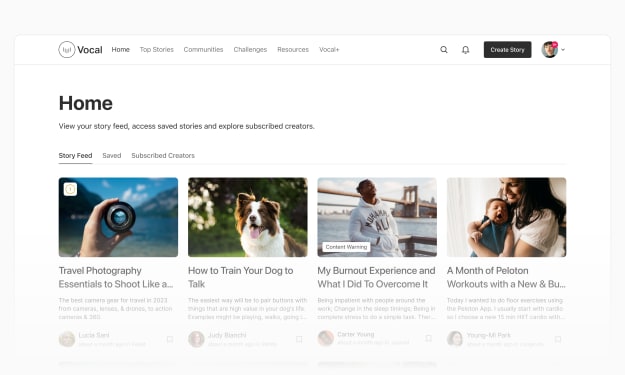Fitness May Matter More Than Weight Loss for Health and Longevity
weight loss

Fitness May Matter More Than Weight Loss for Health and Longevity
Mar. 10, 2022 -- Numbers are easier. That may be why a person’s weight -- and the desire of millions of people to lose weight -- is the first topic under discussion when it comes to health and longevity. Not long after you walk into your doctor’s exam room, for example, you’ll step on a scale. It’s usually the first measurement they take, ahead of vital signs like blood pressure and heart rate.
This makes sense. It’s a number, which means it’s easy to see if your weight has changed in either direction since the last time they weighed you.
But there’s an unintended result: You come away thinking that your weight is every bit as important as how well your heart and blood vessels are working and that losing a few pounds will improve your health in tangible, long-lasting ways.
Yes, weight loss has proven health benefits. But should weight loss be the top priority for everyone classified as “overweight” or “obese” -- a demographic that now includes three-quarters of all American adults?
“The weight loss message is not, and has not been, working,” says Glenn Gaesser, Ph.D., a professor of exercise science at Arizona State University.
Get More Fruits and Veggies
Try to add one more of each to every meal. Store cut-up raw veggies in the front of the fridge and fruit on the counter where you'll see it. Keep healthy dips on hand, like hummus, peanut butter, and low-fat yogurt. Load extras into your sandwiches, pizzas, salads, soups, and omelets. Pureed options like butternut squash can thicken the soup and add nutrients. Mix cauliflower puree in with mashed potatoes for a healthy boost.
Cut Down on Fast Food
Try to reduce fast-food temptations. Take a different route so you don't have to pass drive-through places. Keep fruit or nuts with you to tide you over until you get home or to work. If you have to hit up a restaurant, choose lower-calorie items like grilled chicken. Look for fruit or veggie options like a salad (watch the dressing) or a plain baked potato as an aside. Order regular or small sizes, and avoid value meals. Sip water or diet soda instead of sugary soda.
Choose Better Snacks
Work in one more healthy snack a day. Trade cookies or chips for a small handful of nuts or trail mix, or low-fat yogurt. Find fresh fruit in season. Oranges are good because they take time to peel and eat. Try pretzels or a few whole-wheat crackers with low-fat cheese. Only snack when you're really hungry -- not just bored or stressed. Keep it to one serving.
Eat at Home More Often
Plan every day so restaurants aren’t your only option. Use a slow cooker so you have a hot, healthy meal ready and waiting when you get home at night. Cook more than you need, and freeze half. You'll have meals you can take out and heat up when you need them. Try an easy-to-fix healthy breakfast -- like oatmeal with fruit -- for lunch or dinner.
Avoid Mindless Eating
Don’t chow down unless you’re hungry. Stop when you feel satisfied -- but before you feel full. It’s OK to leave food on your plate. Don’t sit in front of the TV or computer when you eat. When you multitask you’re more likely to overeat. Stay in the moment. When you tune in to your appetite signals, you won’t eat just because you're bored.
Snack Less at Work
Get unhealthy snacks out of your office -- or at least out of plain sight. You'll eat less if you don't have food within easy reach. If you tend to graze at work, don't keep food at your desk. Make sure it’s at least 6 feet away from where you sit. That will give you time to think before you grab a bite. Take time for a real lunch break, away from your desk.
Eat Smart at Restaurants
It’s all in the planning. Order off the children's menu or ask for smaller portion sizes. Don't get so hungry that you overeat when you get there. Munch a healthy snack before you go. Start with a clear (not creamy) soup or a salad. Divide your meal in half and take the uneaten part home. Or split an entrée with a friend. Tell the waiter not to bring bread or tortilla chips to your table.
Cut Down on Sugar
Give up one sugary soda a day. That cuts out about 8 teaspoons of sugar. Choose water or unsweetened tea instead. Choose fresh fruit or fruit canned in water or juice, not syrup. Opt for unsweetened cereals.
Eat Breakfast Every Day
If you're too rushed to sit down and eat, take something with you. Portable breakfast items include granola or breakfast bars, yogurt, instant oatmeal, or pieces of fresh fruit. Muffins, bagels, and other baked goods are often larger than a single serving -- so keep an eye on portion size. If you don't like traditional morning eats, choose something to fuel your body.
Plan to Eat Right
Don't give up because you're out of time. Create a healthy-eating plan for days when you work late or have errands to run. Keep nutritious snacks with you, like trail mix, whole-grain cereal, or fruit. Store healthy foods in your freezer. Learn which restaurants and supermarket delis have salad, soup, or grilled chicken so if you have to get something "to go," you can choose wisely.
Eat Smart at Parties
Have a healthy snack before you go. That way you won't hit the buffet too hard. When you get there, fill a small plate with at least half fruit and veggies. Opt for just a bite or two of desserts and high-calorie dishes. When you’re finished, step away from the food. If you stay and chat around the buffet, you might be tempted to graze. Drinks can be high in calories, too. So whether it’s alcohol or soda, use moderation.
Keep Track of What You Eat
A food journal can help you pay attention to what you eat and how you feel. You may be surprised by your habits. You can write it out by hand or download an app for your phone or tablet. You don't have to track meals every day. Just do it one day a week or for a few days. That’ll give you an idea of what and how you eat.
Learn to Say "No"
Stay strong. The waiter might say that you can't have sauce on the side. You can. Your coworker might pressure you to try their homemade treats. Say no. Every bit adds up, so don’t give in. Explain why you're saying no if you want to -- or just politely decline. You don't owe people an explanation. You do owe yourself good health.
Stop Overeating
Trade your large plates and silverware for small ones. You’ll eat less on a 10-inch than a 12-inch plate. Use a tablespoon, not a serving spoon, to dish out portions. Think about what you put on your plate to make sure you want it. Serve from the stove instead of the table, so second helpings aren't right in front of you. Eat slowly so your body has time to tell your brain you're full.
About the Creator
Enjoyed the story? Support the Creator.
Subscribe for free to receive all their stories in your feed. You could also pledge your support or give them a one-off tip, letting them know you appreciate their work.






Comments
There are no comments for this story
Be the first to respond and start the conversation.